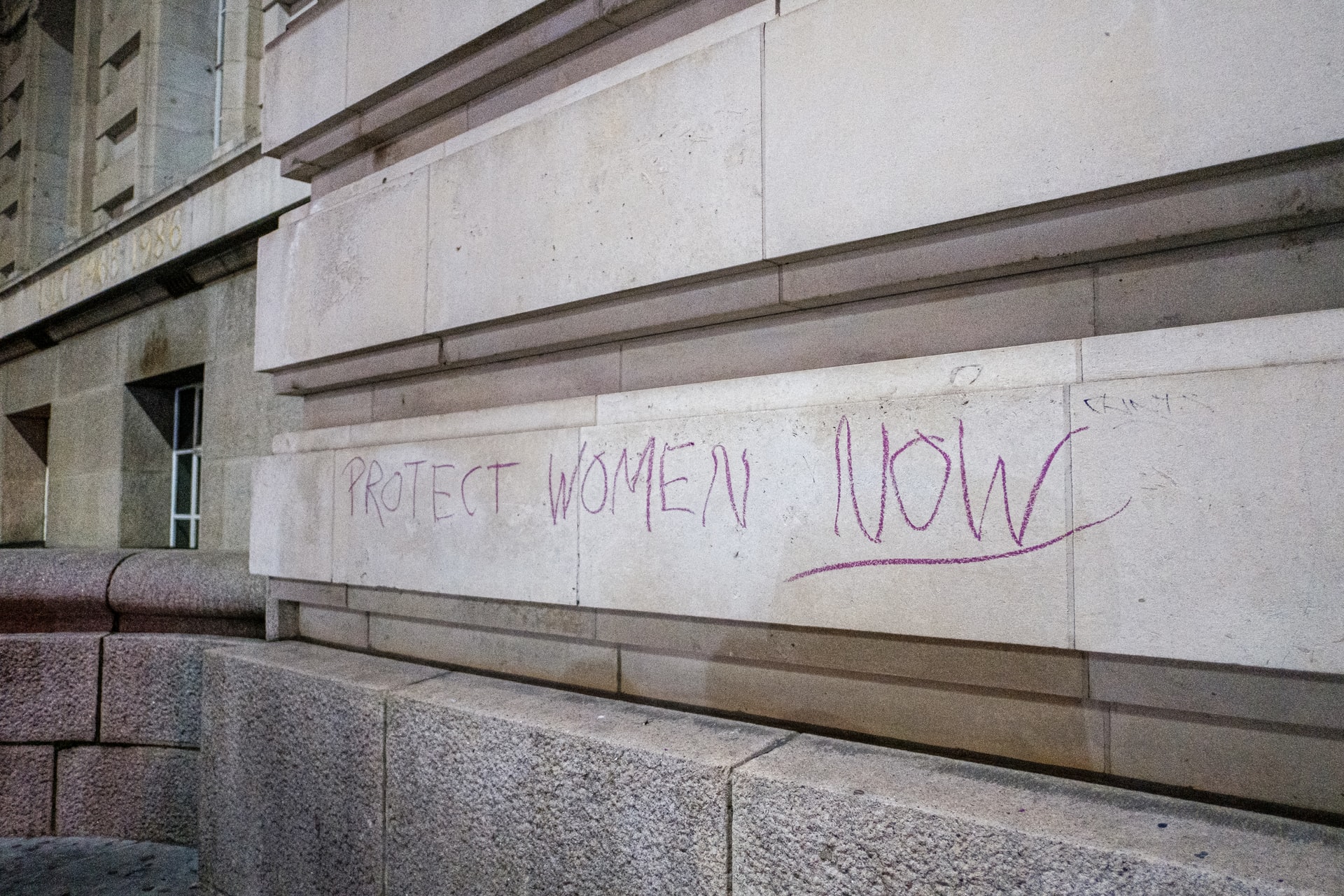If a family member is violent towards you, you can apply for an Emergency Protection Order. Violence can include damaging property, being injured by the other person, being intimidated by them or threatened by them. It can also include stalking forced confinement and sexual abuse.
If you are subject to this type of behaviour you can apply to the court ex parte for an order. This means you can apply without notice to the other side, simply put you do not have to tell them you are asking for the order until you have obtained it to avoid any repercussions from the other side. You appear in front of a Provincial Court Judge, explain why you need an order and ask for an order preventing the other person from having contact with you and coming to your residence.
These are extremely powerful orders which are designed to protect victims of abuse. They should not be used as a short cut to obtain parenting time or occupation of the matrimonial home where abuse does not exist as this can result in expensive costs awards being granted against you. Just because the police told you to get an order does not mean you necessarily qualify. If you are unsure- obtain legal advice before making the request of the court.
When you attend court a duty lawyer will assist you with the paperwork you need to complete. They will also help you to present the matter to the court. You will be called into a courtroom and asked to explain why you need an EPO. The duty lawyer will be there to assist you to try to ensure you address all the questions the court may have. Remember- the duty lawyer has only just met you and you know the circumstances of your case, far better than they do and you should try and ensure the court has all the facts. You do not need to notify the other side and inform them that you are in court.
If the court grants the EPO a Police Officer will be required to serve the Order on the other side. Once served the Order has full effect and if the perpetrator breaches the order they can be arrested and charged with a criminal offence.
Many victims who obtain an EPO once granted, feel they can communicate in limited circumstances with the other side as they now feel protected. It is important that you seek legal advice before doing this, as you could be encouraging the other side to breach the order, and this could be used by the other side to demonstrate that an EPO is not required as you are not fearful of the person.
Once the EPO is granted the matter will be returnable within 10 days to the Court of Queen’s Bench. On that date, you will be required to attend and this will be the first time that the other side will be in court. A duty lawyer will again be available to assist you and you will generally not be required to speak. If you are fearful you can ask for a Police Officer to attend and support you. The other side may have a lawyer or they may not be represented and may seek to represent themselves.
Be prepared this will be a busy courtroom. The EPO matters are mixed with a general list and you may be required to wait until 11 am before the EPO matters are called. The courtroom may be very busy when your matter is called and brief facts will be given to the Justice.
On the first occasion, the other side may ask the court to vacate the order but the court rarely does this. If the matter is contested the court is likely to put the matter over to a full hearing (which will be a short trial of approximately one hour). As the court is so busy and under-resourced the hearing will probably not be for 6 months during which time the order will continue.
When the trial occurs, again a duty lawyer will assist you in presenting your case. They may already have been in touch to discuss any additional evidence you may have.
You will be required to give evidence setting out what has occurred and why an EPO is required. You will be cross-examined by the other side or their lawyer ( if they have one). You may be allowed to call witnesses although the hearings are generally limited in length so special permission may be required. The other side will then be allowed to give evidence and after they have given their evidence in chief, your lawyer will be able to cross-examine them. They may also be able to call witnesses but again time is limited so permission may be required. At the end of the hearing, the court will make a decision and either grant the order or vacate it. Costs can be awarded to the successful party but the court has discretion on this issue.







